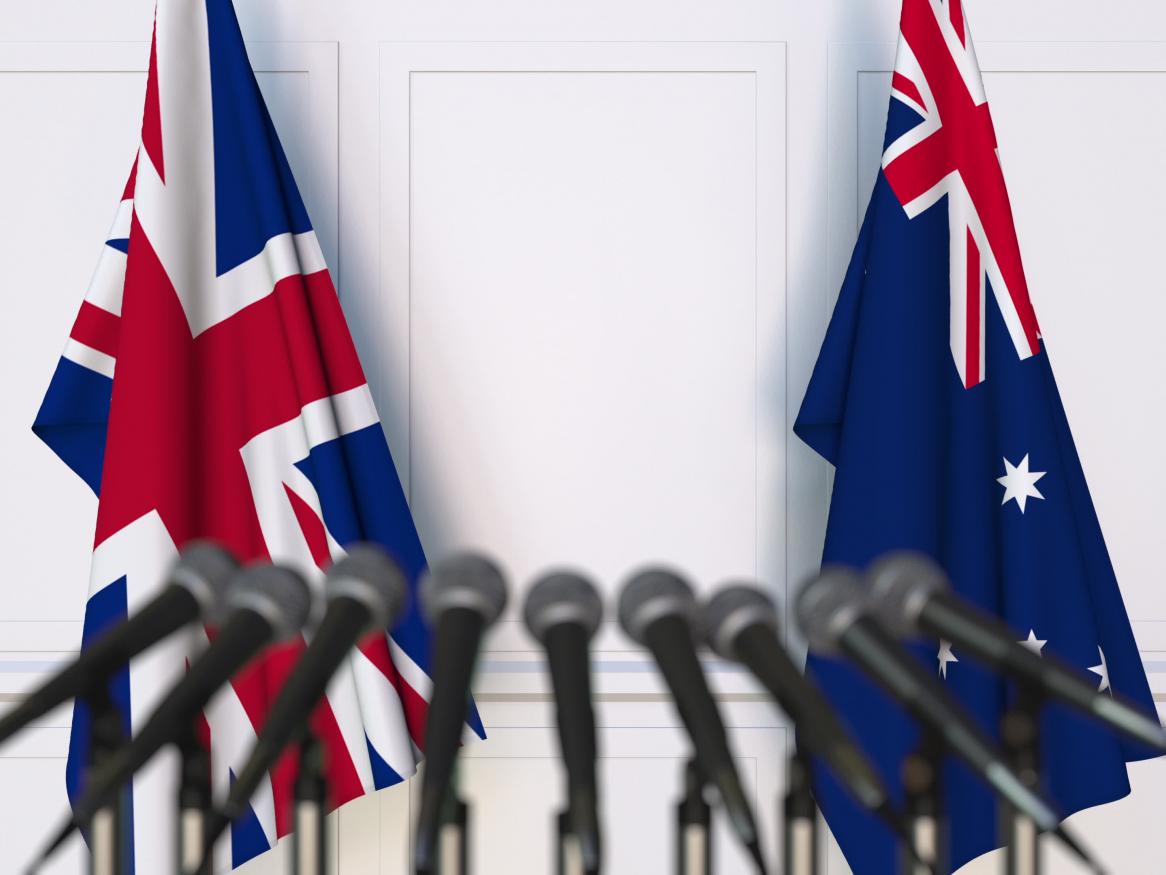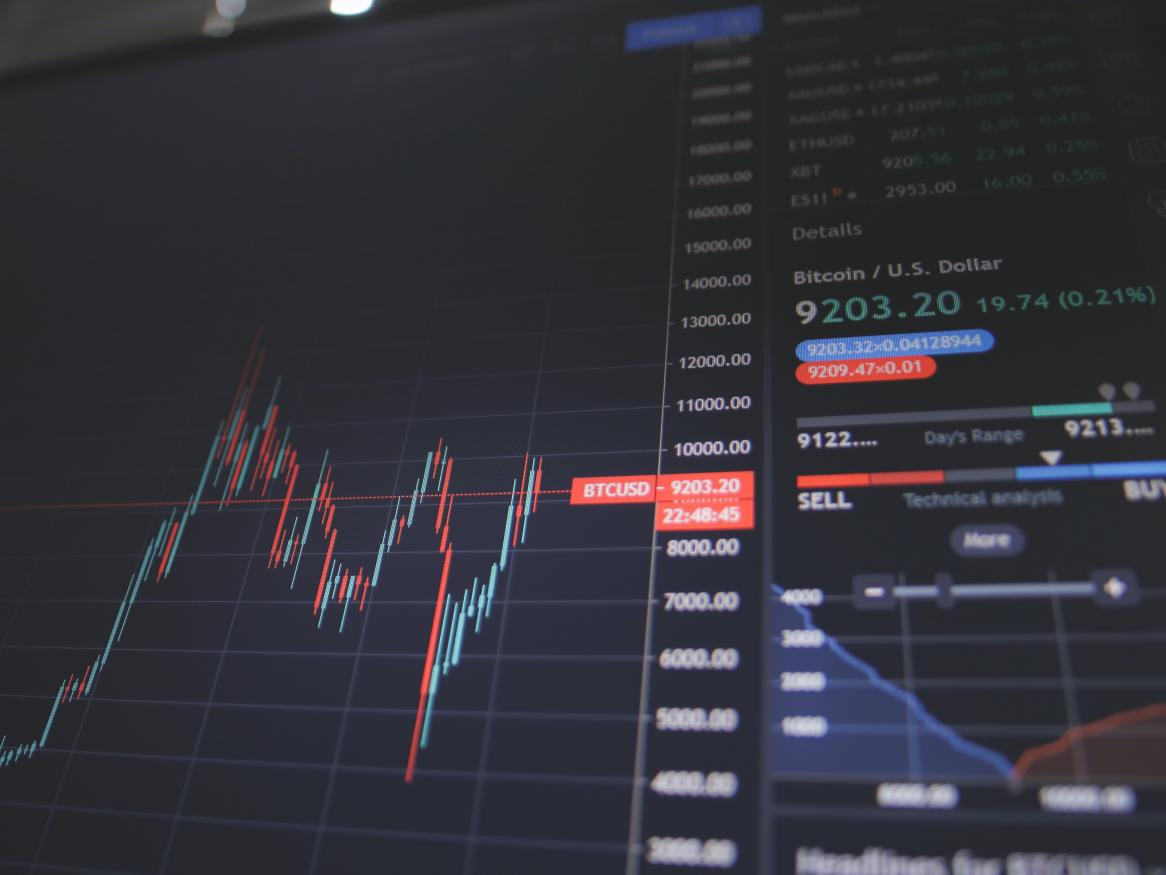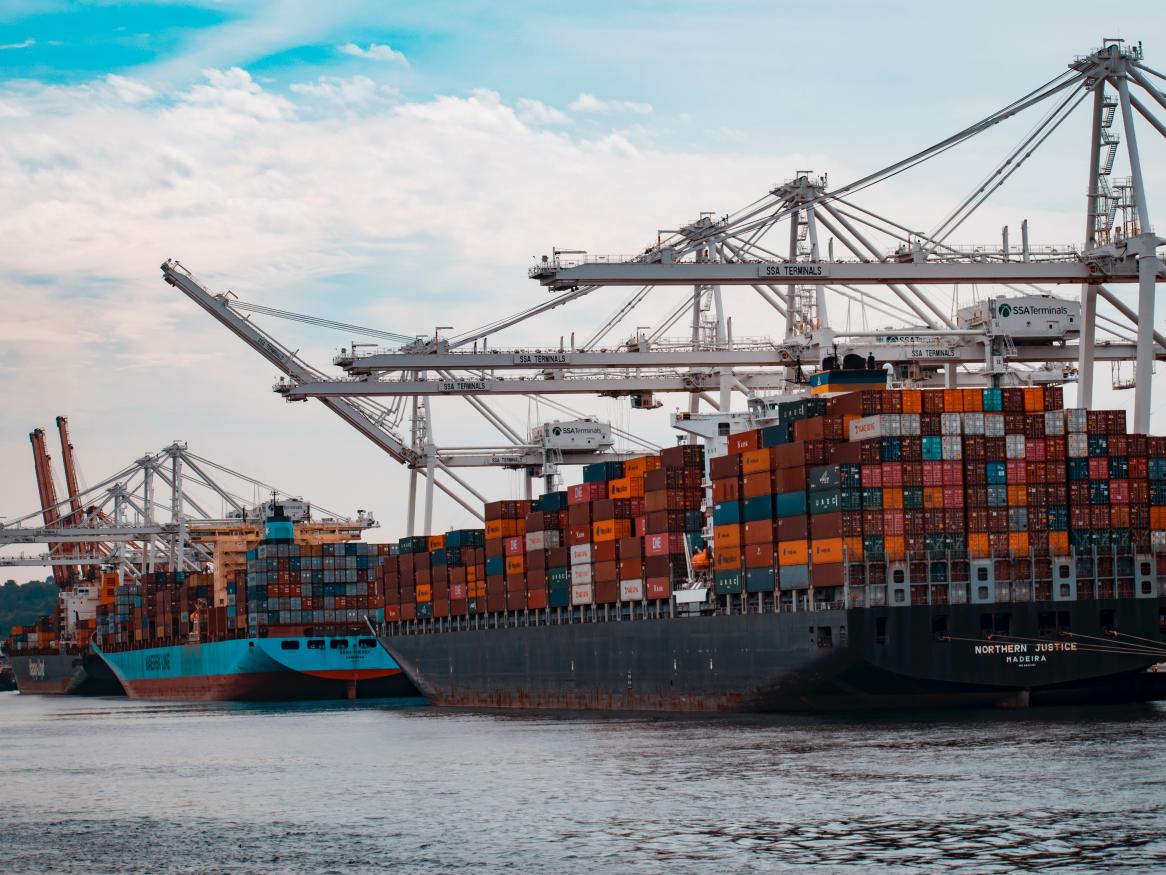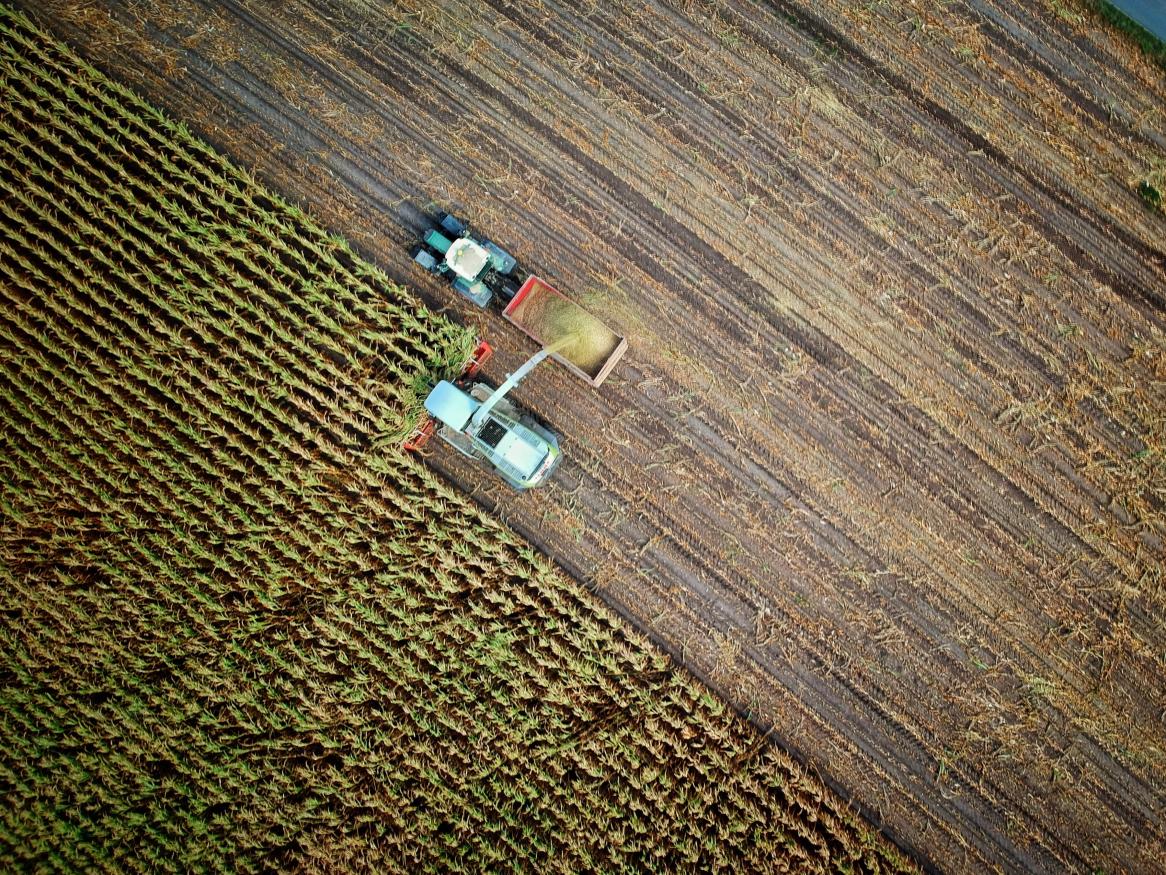News: Opinions
Post-Covid 19: Back to the past or the start of a greener future?

Mike Humphrey Senior Trade Advisor at the Institute for International Trade at the University of Adelaide.
As is the case with most governments world-wide, the Australian government’s concern regarding the recovery from the economic impacts of the COVID-19 crisis has been how to reboot the domestic economy and international trade as rapidly as possible.
[Read more about Post-Covid 19: Back to the past or the start of a greener future?]
Where does the EU’s Eastern Expansion end?
Richard Pomfret, Professor of Economics & Jean Monnet Chair Economics of European Integration, the University of Adelaide.
Until 1989 the eastern border of the EU was set by the Cold War. Since the end of Communism in Eastern Europe in 1989 and the dissolution of the Soviet Union in 1991, sixteen countries have joined the EU and the border has shifted many hundreds of kilometres to the east. Apart from the three Baltic countries, the EU’s eastern frontier is now the border of the Soviet Union established in 1945.
[Read more about Where does the EU’s Eastern Expansion end?]
Australia-UK relations and the CPTPP

Richard Pomfret, Professor of Economics & Jean Monnet Chair Economics of European Integration, the University of Adelaide.
On 17 September Jean Monnet Chair Richard Pomfret participated in an online discussion on Potential Benefits Of An Australia-Uk Free Trade Agreement with Elisabeth Bowes, Chief Negotiator, Regional Trade Agreements Division, Department of Foreign Affairs and Trade, and Vivien Life, Director Asia and Australasia Negotiations within the UK Department for International Trade. The webinar was chaired by Peter Draper, Executive Director of the Institute for International Trade at The University of Adelaide.
Managing the risks of rising government support: a case for policy transparency

Ken Ash is an Independent Consultant, IIT Visiting Fellow, and former OECD Director of Trade and Agriculture.
Governments generally support the smooth functioning of their domestic economies, through maintaining systems of good governance and the rule of law and ensuring a coherent macroeconomic and structural policy environment. Extraordinary support is sometimes also warranted, as is the case today to mitigate the economic impact of COVID-19. Few would dispute that these are essential roles for governments.
[Read more about Managing the risks of rising government support: a case for policy transparency]
New Data links Outward Investment in Services to Australia’s Services Export Performance

Jane Drake-Brockman is Industry Professor with the Institute for International Trade and Founder of the Australian Services Roundtable, which in 2020 celebrates its 20th anniversary.
Measurement of trade in services is notoriously difficult. The official statistics on imports and exports contained in the Balance of Payments (BOP) are well known, for example, as measuring poorly at best only three of the four modes of international supply of services.
China-EU Bilateral Investment Treaty negotiations in a crucial time: A Chinese Perspective

Chenye Zhang, IIT Visiting Researcher and PhD Candidate at the University for International Business and Economics.
A Chinese perspective: In November 2013 BIT negotiations between China and the EU officially commenced. The goal was to reach a high-level agreement covering investment protection and market access. At the China-EU Summit in 2019, both parties reached consensus on achieving a high-level BIT by the end of 2020. Although the COVID-19 pandemic has caused difficulties, China and the EU have been actively pushing the negotiations forward.
Resilient Teams for Trade

Lisa Hunt, Business Manager, Institute for International Trade, The University of Adelaide and Professor Peter Draper, Executive Director, Institute for International Trade, The University of Adelaide.
Over the past four months COVID-19 has exacerbated existing trade and geopolitical tensions, fuelled scepticism about the benefits of globalisation and seen already high-levels of economic uncertainty rise. As governments across the globe respond to protect their citizens lives and livelihoods, the resulting restrictions on the movement of people, capital, goods and services across borders has proven catastrophic for many businesses working in Global Value Chains (GVCs).
Australia-Singapore Digital Trade Agreement: Setting new benchmarks in Trade Governance

Jane Drake-Brockman, Industry Professor, Institute for International Trade, The University of Adelaide.
Australia has achieved its most comprehensive deal on digital trade. The government has put down clear markers for other bilateral and regional trade negotiations, including with the EU; and taken a global leadership role, along with Singapore, in signalling vital directions for the WTO negotiations on Electronic Commerce (e-commerce).
Prospects for Australian free trade with a post-brexit United Kingdom

Andrew Stoler, former WTO Deputy Director-General; former Office of the United States Trade Representative senior trade negotiator; and former Executive Director of Institute for International Trade.
Now that the United Kingdom (UK) is once again pursuing an international trade policy independently of its previous membership in the European Union (EU), the UK Government has made clear that it intends to pursue free trade agreements (FTAs) with “Anglosphere” countries (United States, Canada, Australia and New Zealand).
[Read more about Prospects for Australian free trade with a post-brexit United Kingdom]
What can Australia gain from agricultural subsidy reform?

Kym Anderson, George Gollin Professor Emeritus, School of Economics, University of Adelaide; CEPR Fellow; and Honorary Professor of Economics, Arndt-Corden Dept of Economics, Australian National University.
Even though research earlier this century suggested market access barriers were far more important than domestic subsidies in restricting global farm trade, new analysis suggests farm subsidies have become far more important in recent years.
[Read more about What can Australia gain from agricultural subsidy reform?]
The views expressed here are the author’s, and do not necessarily represent the views of the Institute for International Trade.
This work is licensed under Commons Attribution-NonCommercial-NoDerivatives 4.0 International License.
IIT is a global leader in researching, analysing and commenting on International Trade.
Stay informed about our up-and-coming seminars, events, publications, awards, new projects and collaborations, and other exciting news.
